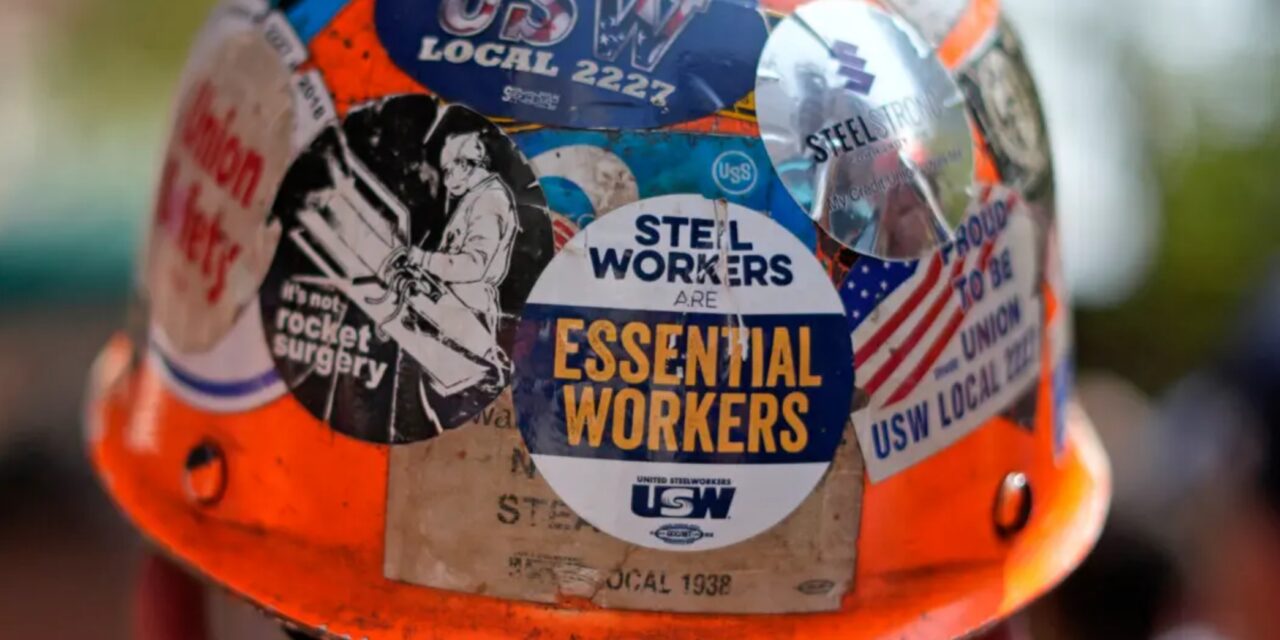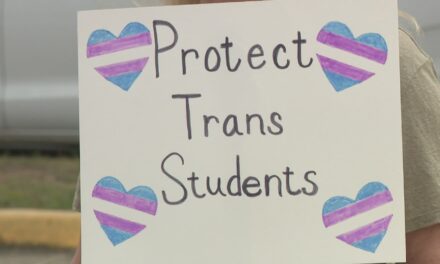Harris has followed Trump’s lead on several policy proposals.
Japanese steelmaker Nippon Steel’s efforts to buy U.S. Steel was recently opposed by Vice President Kamala Harris, the Democratic nominee for president. Harris’ opposition follows former President Donald Trump saying last month he would stop the deal if he were president.
President Biden announced his opposition to the acquisition in March.
It is likely the Biden administration will block the foreign purchase once it receives an official endorsement to prevent it from the Committee on Foreign Investment in the United States.
Since first becoming a presidential candidate in 2015, Trump has made reinvigorating American manufacturing a centerpiece of his economic policies. Most recently, the former Republican president is set to propose a corporate tax cut for American manufacturers from 21% to 15% and tariffs on a range of foreign manufactured goods.
In contrast, Harris is proposing to let Trump’s tax cuts, which lowered the corporate rate from 28% to 21%, expire but increase tax deductions for start-ups. Analysts at Goldman Sachs say Harris’ corporate tax plan will cut corporate profits for S&P 500 firms by 5%-10% as a result of “reduced economic activity.”
Opposition to the Nippon Steel purchase of U.S. Steel is not the only issue Harris followed Trump on. After the Trump campaign, via vice presidential candidate JD Vance, said the child tax credit should be expanded, Harris publicly argued for the same policy.
While the Japanese Prime Minister has called the prospect of the Biden-Harris White House blocking the deal “unsettling”, U.S. Steel has also threatened to shutter its Pittsburgh assets if the purchase by Nippon Steel isn’t approved.
Ohio-based steelmaker Cleveland-Cliffs is offering to purchase U.S. Steel’s union steel mills if the purchase by Nippon Steel is blocked.
The Biden-Harris administration is facing criticism for opposing the deal after spending several years strengthening ties to ally nations like Japan in an effort to “contain China and Russia.” Some foreign policy experts are calling it “a purely political decision” that “stomps on the Biden administration’s stated focus” of solidifying relationships in Asia to counter China.






